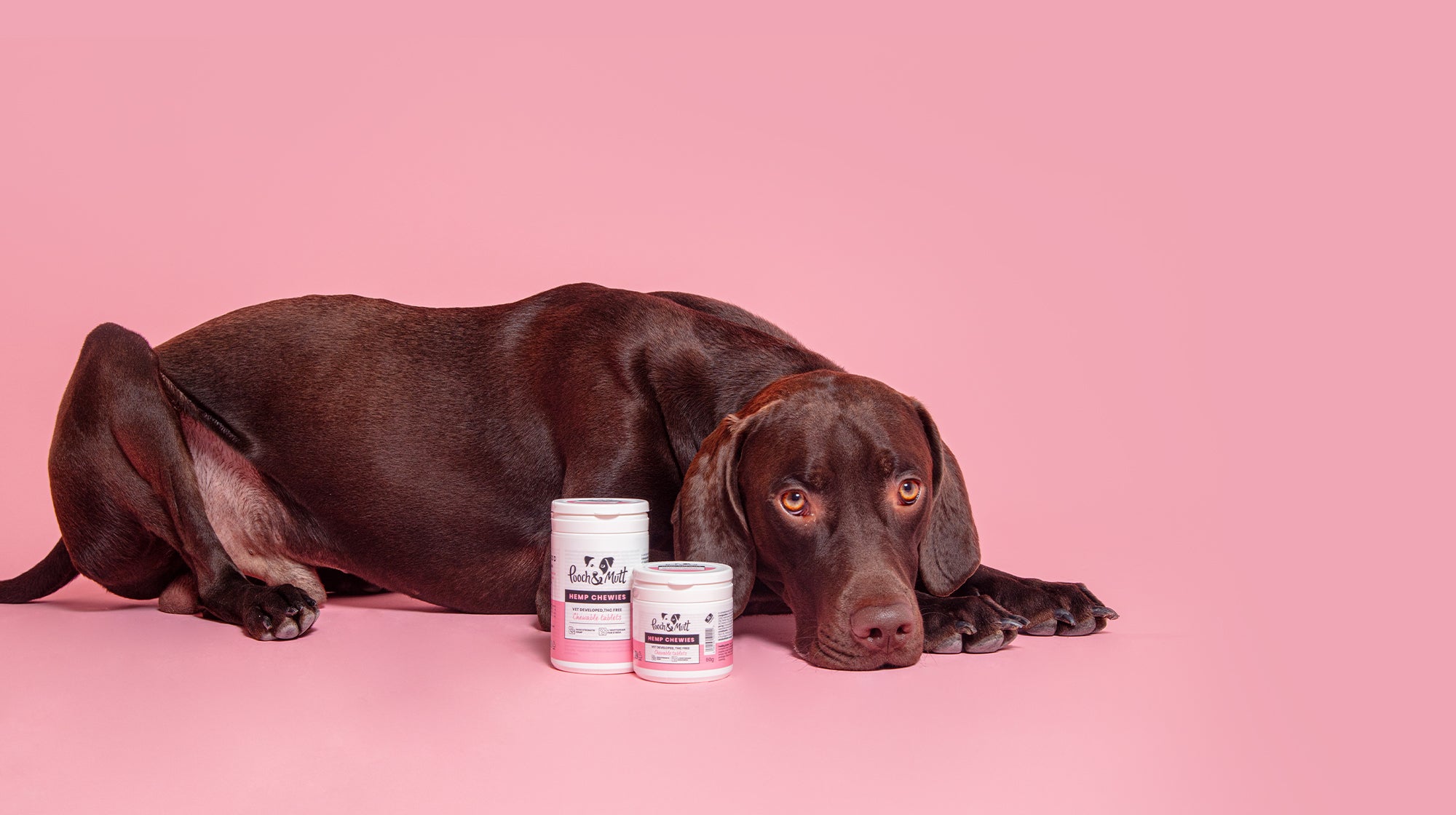New Biden administration vacation limits aimed at protecting against the unvaccinated from coming to the United States will be felt particularly hard in Latin The united states and the Caribbean, a region wherever huge disparities and absence of accessibility to COVID-19 vaccines have left most of the population without having safety in opposition to the fatal virus.
The new guidelines, which White Household COVID-19 coordinator Jeff Zients stated will begin in early November, could also prohibit some vaccinated tourists from entering the place if they have gained shots from vaccine makers that are not identified by the Entire world Wellness Organization.
The White Home explained final month that it was taking into consideration banning vacationers who obtained COVID-19 vaccines that have not gained emergency authorization from the WHO. The U.S. has only approved three vaccines — Pfizer, Moderna and Johnson & Johnson — but the WHO’s crisis use record is considerably broader and consists of vaccines made by AstraZeneca and China’s Sinopharm. But it at present does not include things like Russia’s Sputnik V nor Cuba’s Soberana, which some international locations in the region have made use of to increase their vaccine supplies.
A spokesperson with the U.S. Facilities for Disease Management and Avoidance explained the company “is actively doing work with vaccine industry experts regarding which vaccinations will be accepted [and] age that the needs will commence to utilize.”
The CDC will supply much more facts about the needs in the coming weeks, she mentioned.
European and Brazilian tourists, who have been shut out of the U.S. for more than a 12 months, will probably welcome the measure, but other people are dreading it thanks to its likely outcome on regional travel in the Americas.
Regardless of what decision U.S. authorities make would depart several Latin Individuals and Caribbean nationals shut out of the United States at a time when visa approvals have currently been backlogged about COVID-19 and restrictive embassy staffing, and could likely produce extra diplomatic friction in a region presently experience dismissed by its closest, most strong neighbor.
“It disproportionately influences the building nations around the world like Guyana,” explained Oneidge Walrond, the South American nation’s minister of Tourism and Commerce, who fears that Sputnik will not make the U.S. permitted list.
Believing vaccination was the only way out of the pandemic, Guyana before this calendar year turned to the Russian-produced vaccine, purchasing 200,000 doses at $20 each, right after getting not able to protected any of the U.S.-designed vaccines. Even though it has joined a number of Caribbean international locations in passing comparable COVID entry prerequisites for worldwide website visitors — a person must demonstrate evidence of vaccination and a destructive COVID-19 PCR exam taken within 7 times of journey — the place believes they will now be punished by the U.S.’s new requirement following getting not able to get other vaccines.
“We think it’s unfair and highlights and deepens the divide concerning the haves and have-nots,” Walrond mentioned.
On Wednesday, the Pan American Overall health Organization’s director, Dr. Carissa F. Etienne, mentioned only 37 per cent of the 653 million folks in Latin The united states and the Caribbean have been vaccinated, although countries like Nicaragua have yet to attain 10 percent. Haiti, which has only administered about 75,220 doses of U.S-donated Moderna vaccines, has much less than 1 p.c of its populace vaccinated.
With several folks missing access to vaccines, the U.S. this summer months commenced transport 40 million doses to the location, primarily through the WHO vaccine world-wide access system recognized as COVAX. But tensions about the availability of pictures in a single of the world’s most difficult-hit locations have by now flared even amid associates like Colombia, which has by now received six million doses donated by the U.S. In his speech at the the latest United Nations Normal Assembly, Colombian President Iván Duque spoke of the “unprecedented” gaps in vaccination coverage, incorporating a veiled criticism of the U.S. boosters prepare.
“While some nations purchase added doses for six or 7 situations [the size of their] inhabitants and announce third booster doses, some others have not utilized a single dose that offers them hope,” he stated.
Thousands and thousands of people in the region have gotten vaccines manufactured by Russia, China, India and Cuba that have not obtained WHO crisis authorization. The rules will also spotlight regional inequities, as the poorest international locations struggle to vaccinate their citizens amid minimal supply and vaccine hesitancy, and worldwide initiatives like COVAX remain slow in delivering promised doses.
“We continue on to urge nations around the world with surplus doses to share these with nations around the world in our location, in which they can have a life-conserving effect,” Etienne explained. She mentioned PAHO, which is the Environment Well being Organization’s Americas regional workplace, was trying to accelerate vaccinations in the Americas, like buying vaccines and ramping up vaccine production in the region.
Although COVAX was set up to help inadequate and middle-money nations around the world secure vaccine doses at decrease rates, PAHO’s assistant director, Dr. Jarbas Barbosa, claimed it will not satisfy the target to provide ample vaccines to immunize 20 p.c of the population of participating nations.
Cubans are in a notably hard location for the reason that the government declined to participate in COVAX and made its have vaccines as an alternative. The governing administration also has not taken the U.S. up on an offer you to settle for vaccine donations, two senior Biden administration officers claimed last 7 days.
Soon after a year and a half of authorities-imposed limitations on foreign travel, lots of Cubans are searching ahead to visiting family members and good friends overseas when airports open up up mid-November. Nevertheless, they will most likely deal with a new hurdle to arrive to the U.S., as the vast majority of Cubans are getting locally developed pictures of Soberana and Abdala.
A minority of the population is having the Chinese-created Sinopharm vaccine that has WHO crisis acceptance. Cuban authorities said the island was main the vaccination efforts in the region, with 80 p.c of its 11.3 million inhabitants obtaining acquired at the very least just one dose. Nonetheless, only 56 percent is entirely immunized simply because Cuba’s vaccination software involves 3 doses with a house of many months amid photographs.
The U.S. rule can put added hurdles on Cuba’s strategies to export its vaccines. So much, the nation has shipped vaccines to Venezuela and Nicaragua and signed a contract to sell 10 million doses to Vietnam.
The Finlay Institute, the Cuban point out company of the Soberana vaccines, is now in contact with WHO to request the agency’s approval. Dr. Vicente Verez Bencomo, the Institute’s director, reported the federal government was investing in bringing the creation plant requirements to meet up with the prerequisites for export.
“We are supporting Cuba to take part in the prequalification process,” Barbosa reported. “We by now had a assembly with WHO and vaccine producers. Our curiosity is that all vaccines can participate in the WHO’s prequalification approach mainly because that will expand the provide of vaccines that we can buy.”
In Cuba, the Dominican Republic and other nations around the world in the region, folks have experienced very little choice on which vaccine to get.
Jamaica Health and fitness Minister Christopher Tufton stated whilst his country’s small vaccination amount could be stated by vaccine hesitancy and an initial absence of offer, Jamaicans now want Pfizer, 208,260 doses of which have been delivered in August by the U.S. He claimed additional than 10% of the inhabitants is thoroughly vaccinated, even though at minimum 20% has had at the very least as soon as dose.
“The U.S. measure would certainly have an affect specified our close link with that place for business and satisfaction,” he mentioned. “For some, it would be a vaccine mandate imposed externally, so it’s likely to impression vaccine” acceptance.
In nations around the world like Argentina, there has been a patchwork of vaccine options, but not all have been readily available simultaneously or in all areas. Far more than 10 million Argentinians vaccinated with Russian Sputnik V will not be able to arrive to the U.S. if manufacturers do not address issues with the output vegetation that have halted the WHO’s acceptance process.
Russian Well being Minister Mikhail Murashko reported last week that brands have answered all the inquiries wanted to get the authorization, but the WHO later explained a choice on the Sputnik V vaccine was not imminent. Russian media outlet Sputnik also claimed that the country’s authorities intend to explore with their U.S. counterparts a mutual recognition of vaccine certificates in an forthcoming assembly in Geneva.
“In basic principle we have often claimed that these who have been vaccinated need to not confront any limitations in conditions of vacation, which includes screening or even quarantine,” mentioned Markus Ruediger, a spokesman for the International Air Transport Association.
“However, we feel that possibilities for all those who are not able to be vaccinated — for professional medical factors or because of to lack of vaccine — need to not be excluded and that solutions, these as tests, must be designed readily available.”














